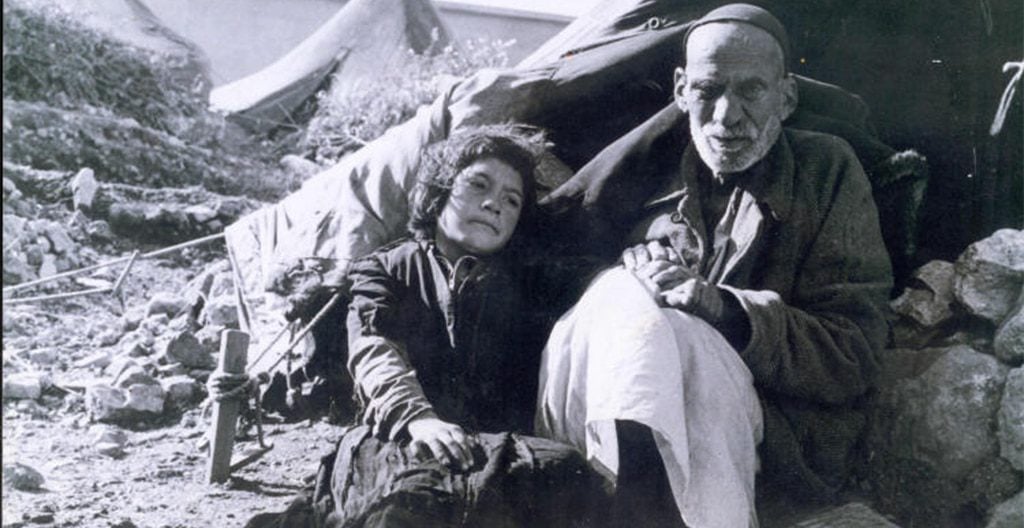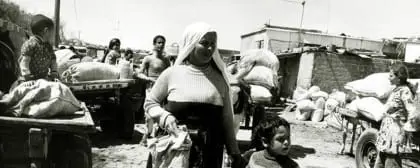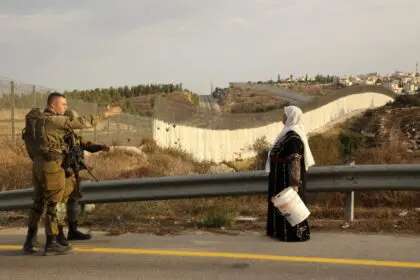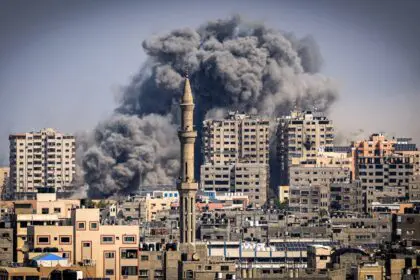The comprehensive international legal framework condemns population expulsion and recognizes the inherent right of displaced persons to return to their country of origin.

The expulsion of a population is considered illegal in a number of international instruments including Article 9 and 15 of the Universal Declaration of Human Rights (UDHR), Article 49 of the Fourth Geneva Convention (1949), Article 4 of the Fourth Protocol of the European Convention for the Protection of Human Rights and Fundamental Freedoms (ECHR), and the international instruments mentioned under Guidelines.
It is considered a crime against humanity in the Rome Statute. Underlying principle is the assignment of rights to individuals, thereby limiting the rights of states to make agreements that adversely affect individuals.
The right of displaced persons to return to their country of origin if they have been forcibly expelled is included in the obligations laid down in several provisions of the four Geneva Conventions of 1949. It is also one of the bases of refugee law. This right is a consequence of the illegality of the expulsion itself.
Restitution of property is mentioned in many peace agreements as a means to settling conflicts. It suffices here to mention Resolution 361 of the United Nations Security Council, which called on Cyprus to permit people to return to their homes.
In August 2005, the United Nations endorsed the Principles on Housing and Property Restitution for Refugees and Displaced Persons, the so-called Pinheiro Principles. States are recommended in Principle 1 to prioritize the right to restitution of property as the preferred remedy for displacement and as a key element of restorative justice.
Compensation can only be substituted for restitution when restoring housing and property is factually or legally impossible.
The decision thereto must be taken by an independent and impartial tribunal and not by the state that is responsible for the losses of the injured (Principle 2).




